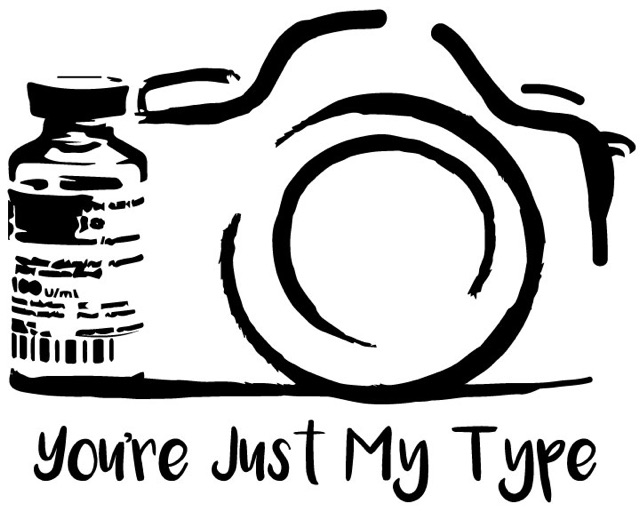Age: 24 Year Diagnosed: 2014 Location: Orange, Ca
"Being diagnosed with type 1 as an adult, I have experienced a lot of ignorance in regards to what "type" of diabetes I have. The misconception that adults only get type 2 diabetes, and that only children can be diagnosed with T1D is false and harmful. There were several points prior to my diagnosis where medical professionals knew my symptoms but never considered that I might have T1D, because of my age. There was always something else they wanted to downplay it as, like stress. If someone had just taken a moment to consider the possibility and tested one drop of my blood, I might have been diagnosed in a doctor's office instead of as I was rushed to the ER in DKA. After my diagnosis, it was really challenging and isolating when all of the resources that were given to me were for adults with type 2 diabetes. When even a nurse in the hospital told me, in my skeletal post-DKA state, that if I were to "just eat better and exercise more," my diabetes would go away, I knew I was in for a challenge. This kind of sentiment became a theme as I pursued the information I needed to try to find a way to live and thrive, not just survive. The misconception and confusion around adults with type 1 highlighted the unwarranted stigma around both types of diabetes, which was (and continues to be) pervasive. It even found its way into my workplace at the time, in a way that was extremely harmful. I learned that even the law cannot protect you from ignorance and misunderstanding that is so deeply embedded, which forced to me to become my own advocate and make some tough choices. This misconception that almost killed me and pushed me out of my job is also what drove me to become a Mayo Clinic-certified Wellness Coach. Pursuing my new dream of being the person that I needed during and after my diagnosis is my way of affecting change. The stigma and misinformation that surrounds type 1 diabetes is rampant, but by becoming a coach, educator, and advocate for our community, I hope to make those issues a thing of the past.
I was diagnosed about 2 and a half years ago, and yet I still feel the distinct "before and after" when I encounter an experience that I have not done since "before." It feels like something new, even still. There was the first time working out vigorously, visiting Disneyland, traveling solo, driving a long stretch by myself, going on a date--big and small, these "new" experiences still pop up somewhat frequently, and it gives me perspective. It can be frustrating navigating experiences that you thought you knew how to handle when they present new challenges, but it also presents new opportunities for gratitude. Things that used to be simple but are less so with T1D on board demonstrate how much our bodies do for us, or how much we do for ourselves, without thinking about whether or not we will be successful in those endeavors. Now I do think about these processes and how to be successful in accomplishing them, and then I give thanks when I have made it to the other side and see that nothing yet has been impossible.
I would tell a newly diagnosed type 1 diabetic to give themselves grace. It is a piece of advice I received from the mother of a type 1 and dear friend. We are so hard on ourselves, all of the time. This disease requires so much of us, but we can't let it crush our spirit. There is always more to be learned, but don't feel like you need to know it all right away. When you are ready, reach out to the T1D community and you will find the support you have been looking for. Become your own advocate, in your doctor's office, at work, or anywhere else that it is necessary. Get to know your body and trust your instincts.
I'm not a parent, but parents of type 1 diabetics might find my upcoming book release "Type 1 Diabetes Caregiver Confidence" to be a helpful resource for the people in their life that care for their child, such as teachers, school nurses, grandparents, friends' parents, etc."

